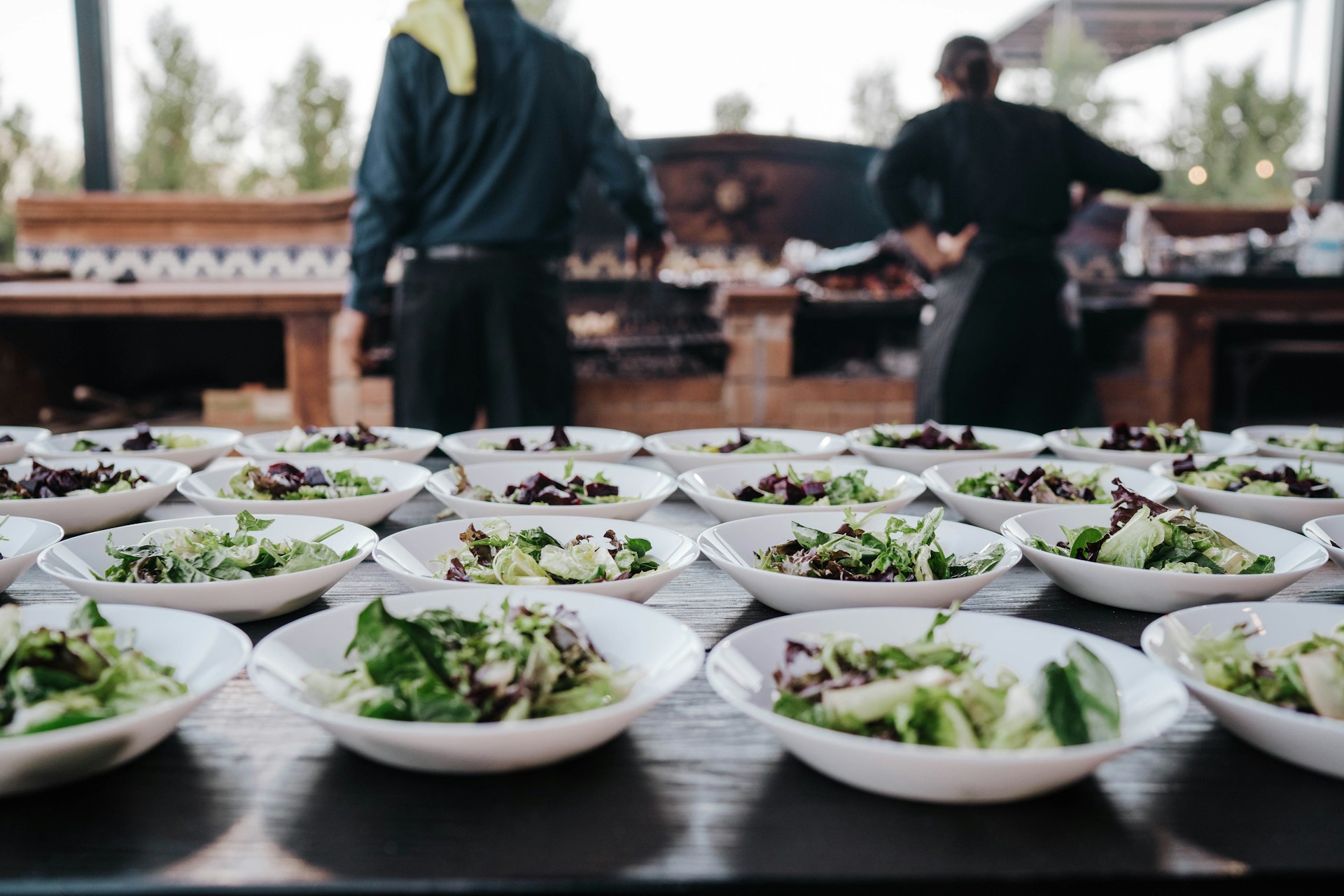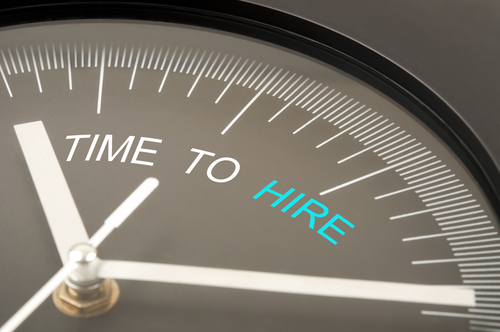How To Survive Your First 30 days In Your New Hospitality Job

So, you’ve just landed that exciting new hospitality job you’ve been dreaming about. You might be the head chef at the newest restaurant in town, a prestigious hotel in the city or you’re moving to an exciting new place for a seasonal adventure.
Working in hospitality offers excellent scope for movement. The speed and innovation with which the sector is growing means that there are always new opportunities opening up for staff who are hungry for a new challenge.
While this is great from a learning and development point of view, it can be tricky for staff having to navigate a new place of work, sometimes several times a year. There is no such thing as a ‘career for life’ anymore, and hospitality workers, especially the younger generations, i.e. Gen Z and Gen Y, are finding their feet while trying out a range of hospitality positions.
If you’re just about to start a new hospitality job, read on to find out how to make it through the crucial first 30 days to ensure you have the best possible start with the company which sets you off on the path to success.
The Night Before
The night before your new role should be spent planning for the day ahead. Make sure you have everything your new employer might have asked you to bring (your passport, birth certificate or other documents, any clothing you may need) and check you know what time you are expected to be there.
Make sure you get a good night’s sleep and have your travel plans for the next day in hand.
Meeting Your New Team
Depending on the size of your new workplace, you might meet lots of new faces on your first day, or it could be limited to a one-on-one induction with your line manager.
If you are introduced to lots of people, don’t panic about remembering all their names – you won’t! It can take a few days before you start remembering all the names of your co-workers, especially in larger hotels and restaurants.
Ask Questions
Ask as many questions as you need to, people will be prepared for this. In hospitality, there can be a massive difference in the way some procedures are carried out, which vary from place to place.
You will naturally want to impress in your new role – asking questions at every step of your training will help you to understand the whole process of your new establishment, and this will help you settle in much quicker.
Additionally, asking questions is an excellent way to find out some of the tricks of the trade. More experienced members of staff can tell you the little annoying things, so you don’t have to figure them out on your own – which knives don’t fit in the drawer properly, how to quickly tell the difference between single and double bedsheets, and tips to speed up the bar clean-down process.
Take Your Time
You will want to settle in as fast as possible in your new job, but this does not mean you have to be at the same speed as everyone else right away. It is better to take your time with new tasks and unfamiliar surroundings. You will absorb much more information and understanding about your new hospitality job role the more you take your time in the beginning.
Leave Your Phone
Unless your new role specifies that you should have your mobile phone on you, do not bring it into your workspace with you. It can be tempting to put it in your pocket instead leave it in your bag or your locker and only check it during break times.
That way, the temptation to look at it will be gone, and you won’t be as distracted during a time when you need to be 100% focused on your new responsibilities.
Set Small Targets
This is something that many new starters fail to do, and we understand why. Starting a new hospitality job can be stressful enough without adding extra pressure to yourself.
However, setting a few achievable personal targets can make you feel as though you’re conquering your new role and your confidence will flourish – this is great when you are in a customer-facing position.
Tell yourself that you want to be able to make bookings without asking for help by the end of the first two weeks, or be able to cash up on your own by the end of the month. People who push themselves in their roles are far more likely to progress faster, which means better promotion prospects too.
Enjoy It!
Finally, remember to enjoy the first 30 days in your new job. This is the time when the job is most exciting, and you will be learning new skills and meeting plenty of new people. In hospitality, it won’t be long before you’re not the newbie anymore.
Finally
Are you looking for your next hospitality role? If this article has prompted you into considering a new challenge in your hospitality career, get in touch.
We are hospitality recruiters who need staff like you to fill the many exciting roles we have available, so send us your CV today.
Thanks
Dawn Turbitt


